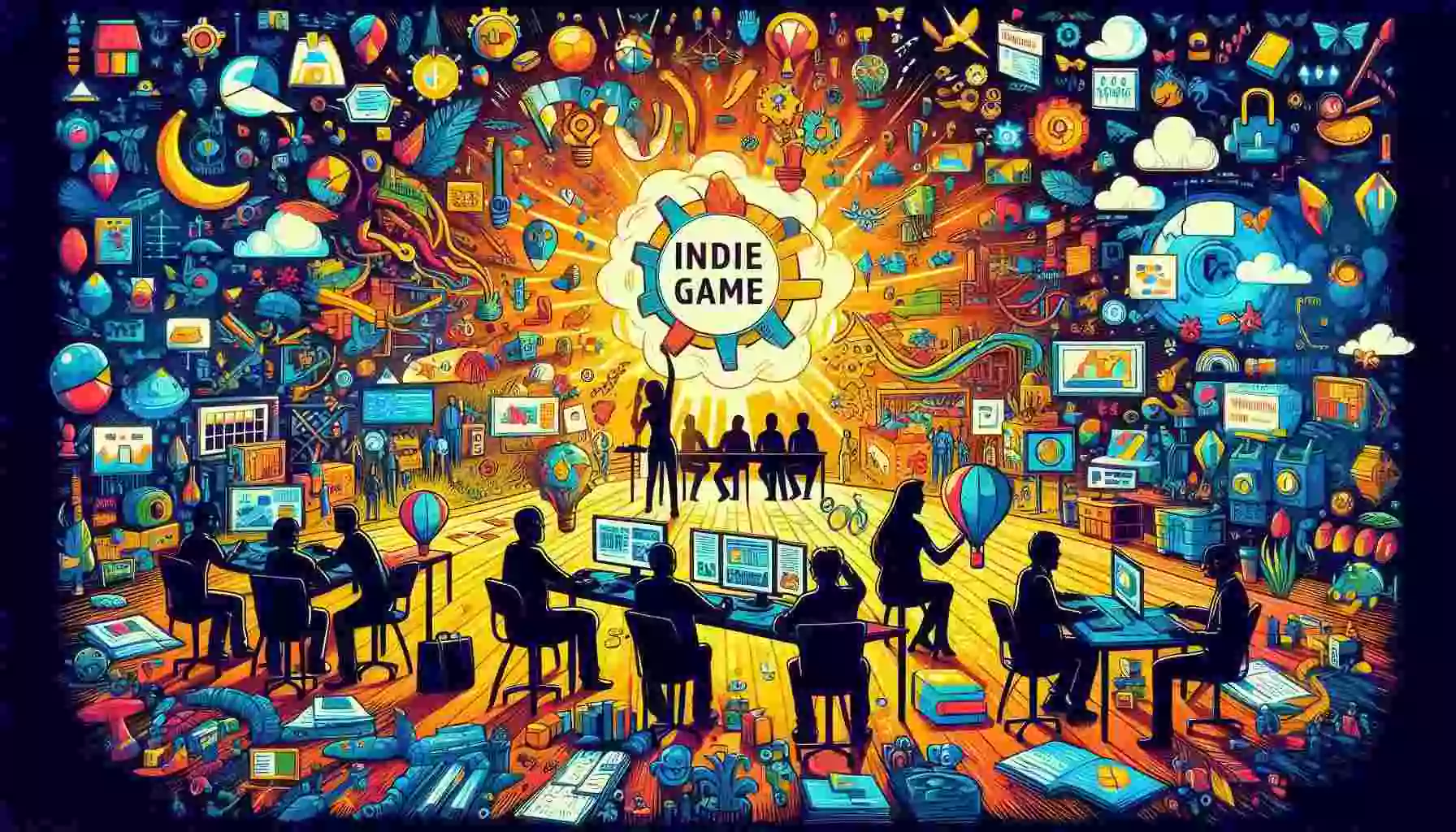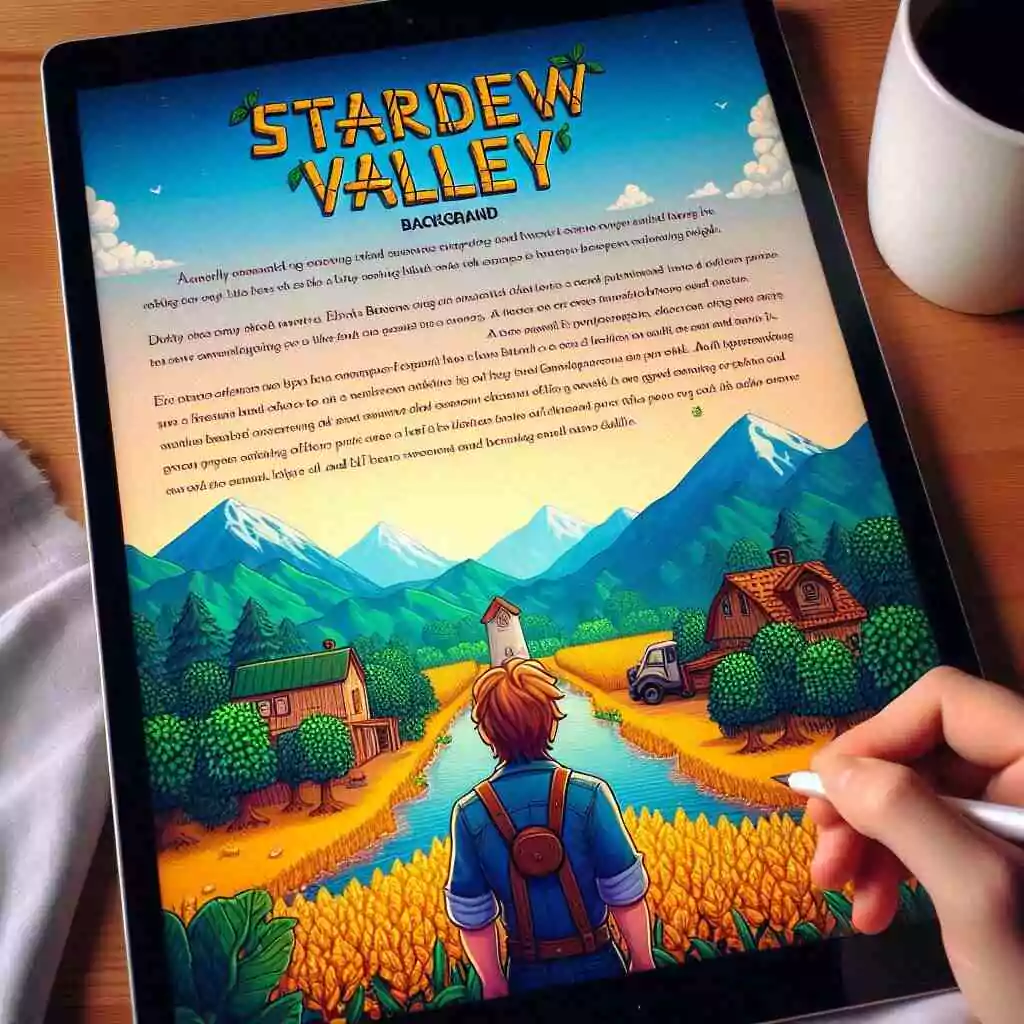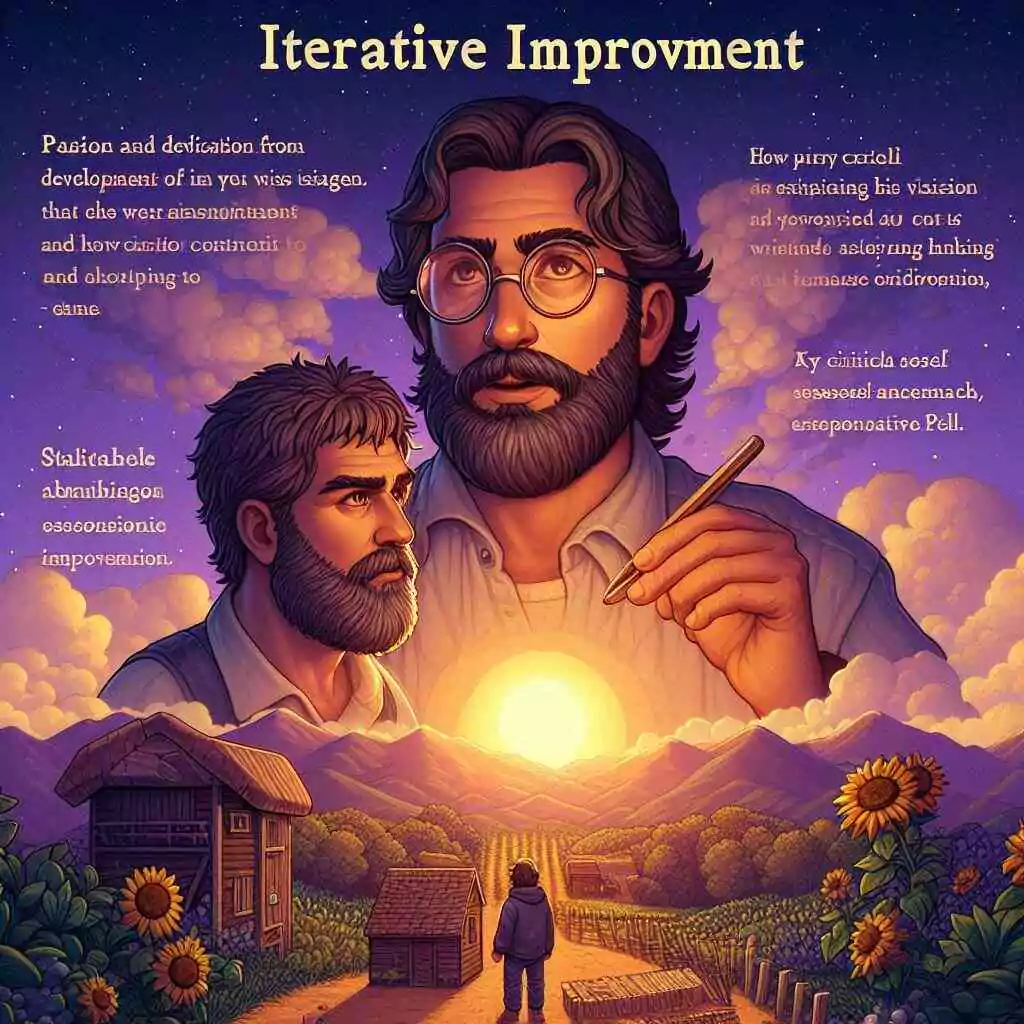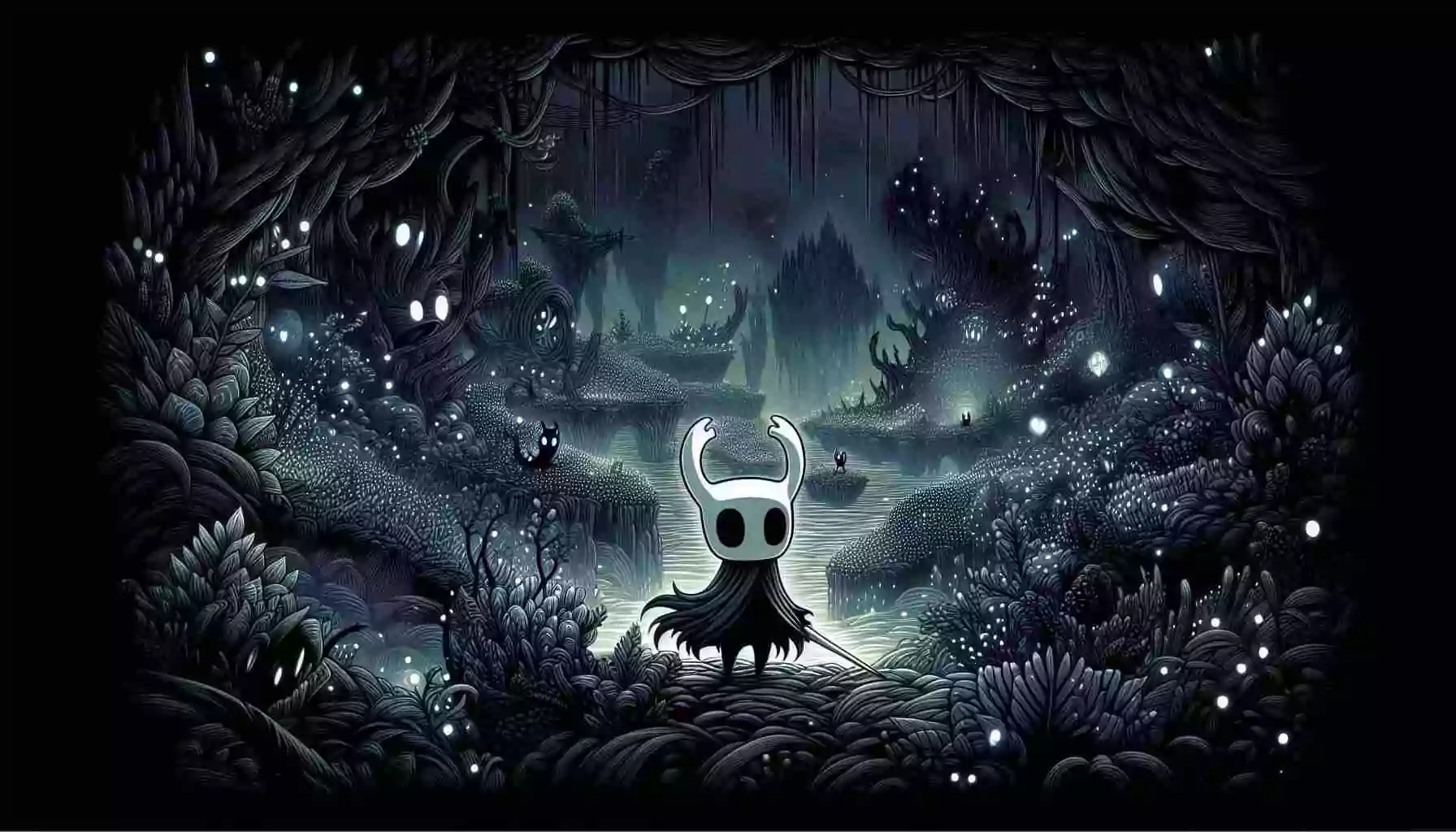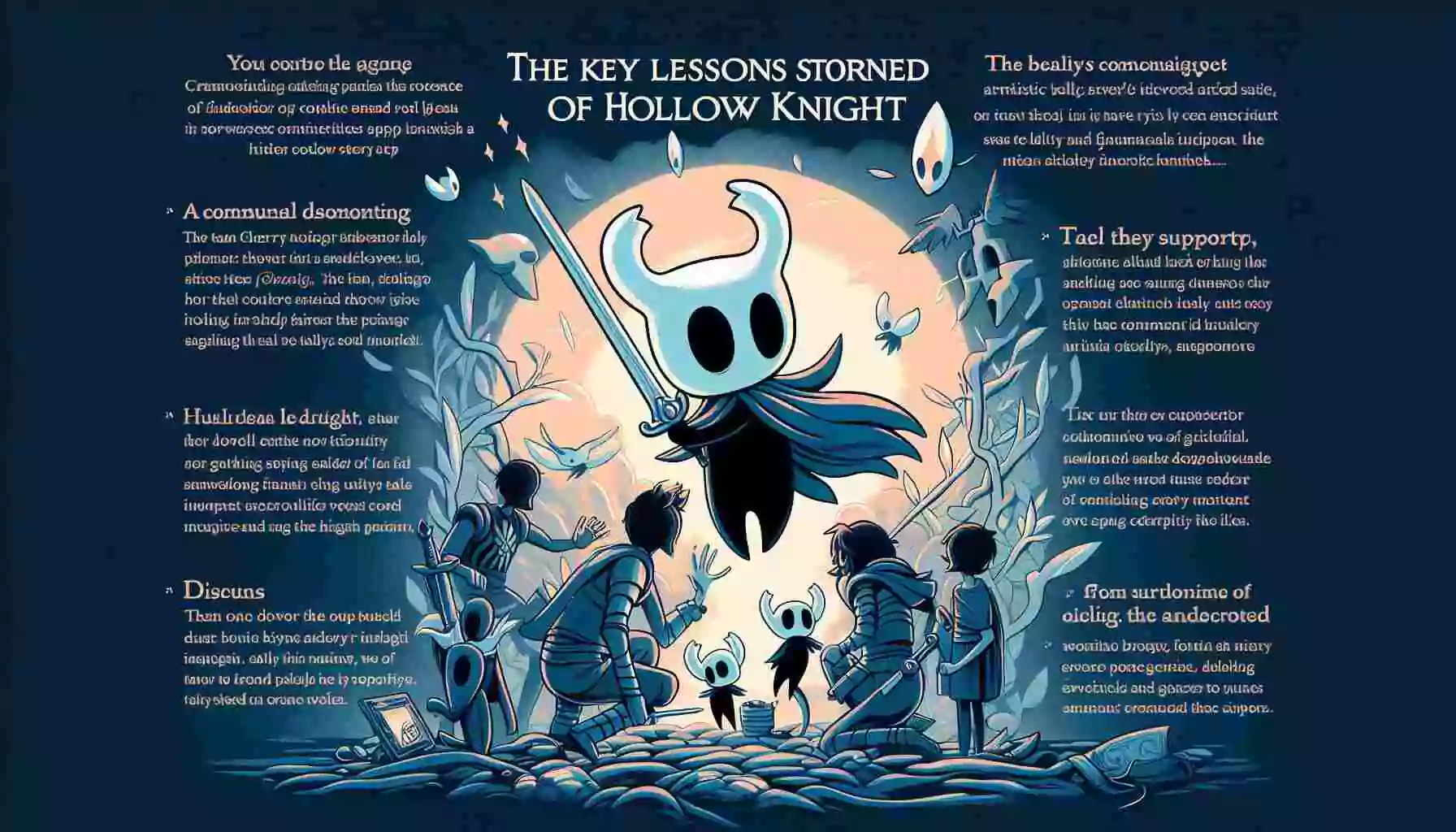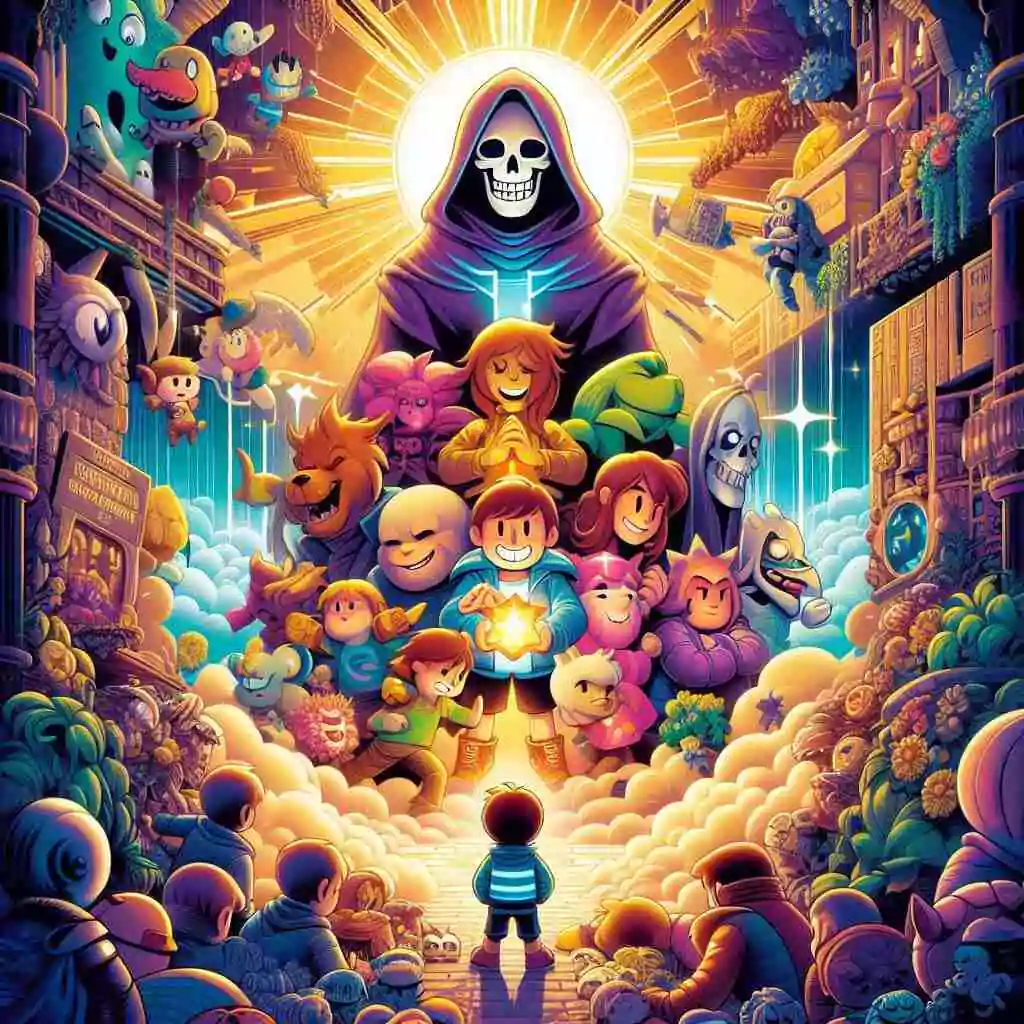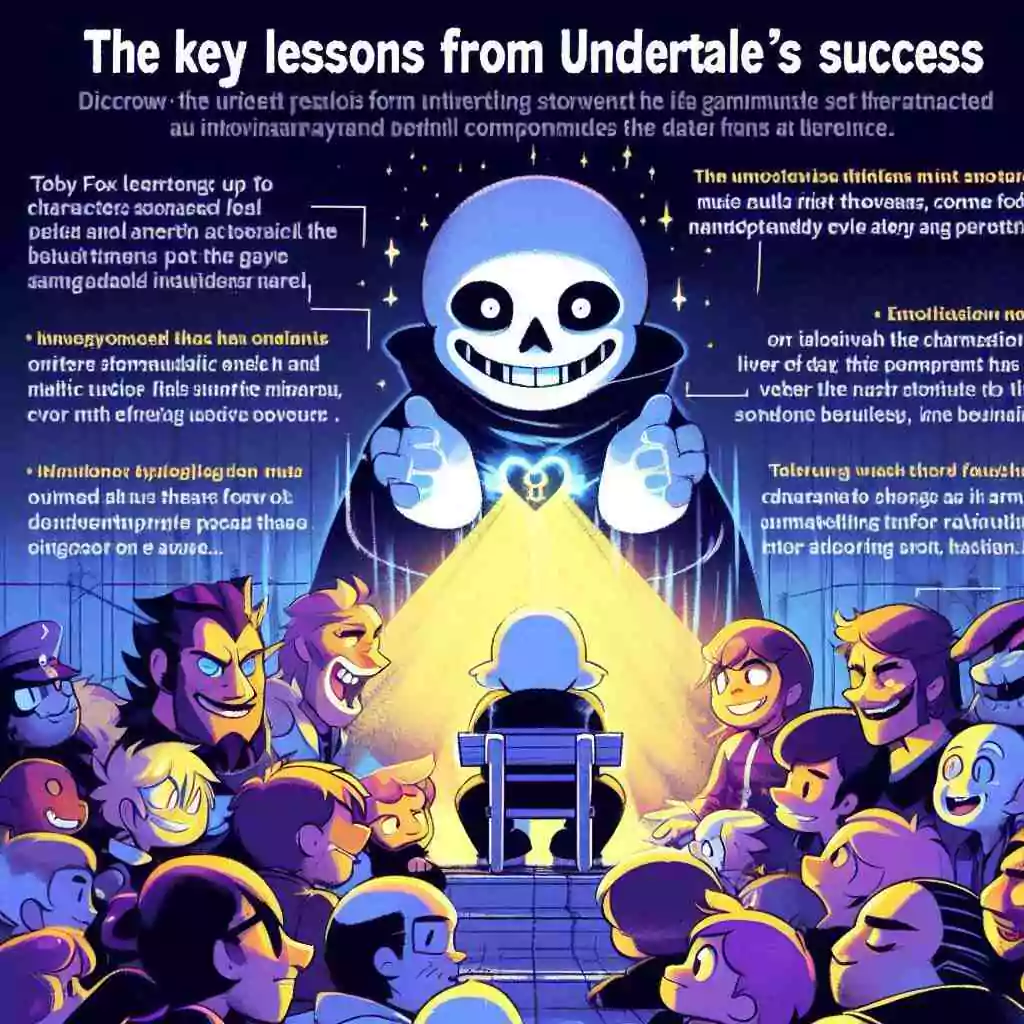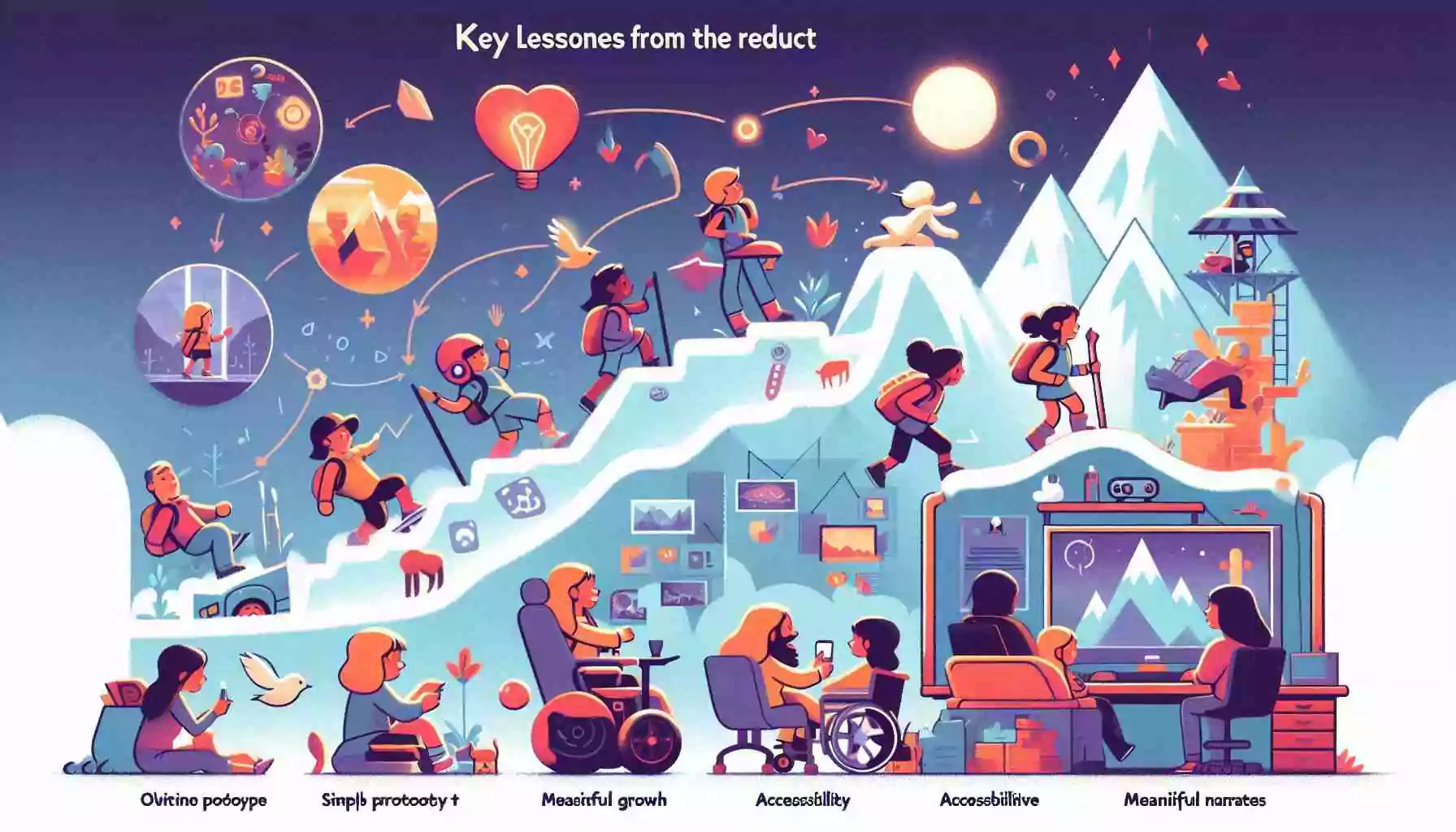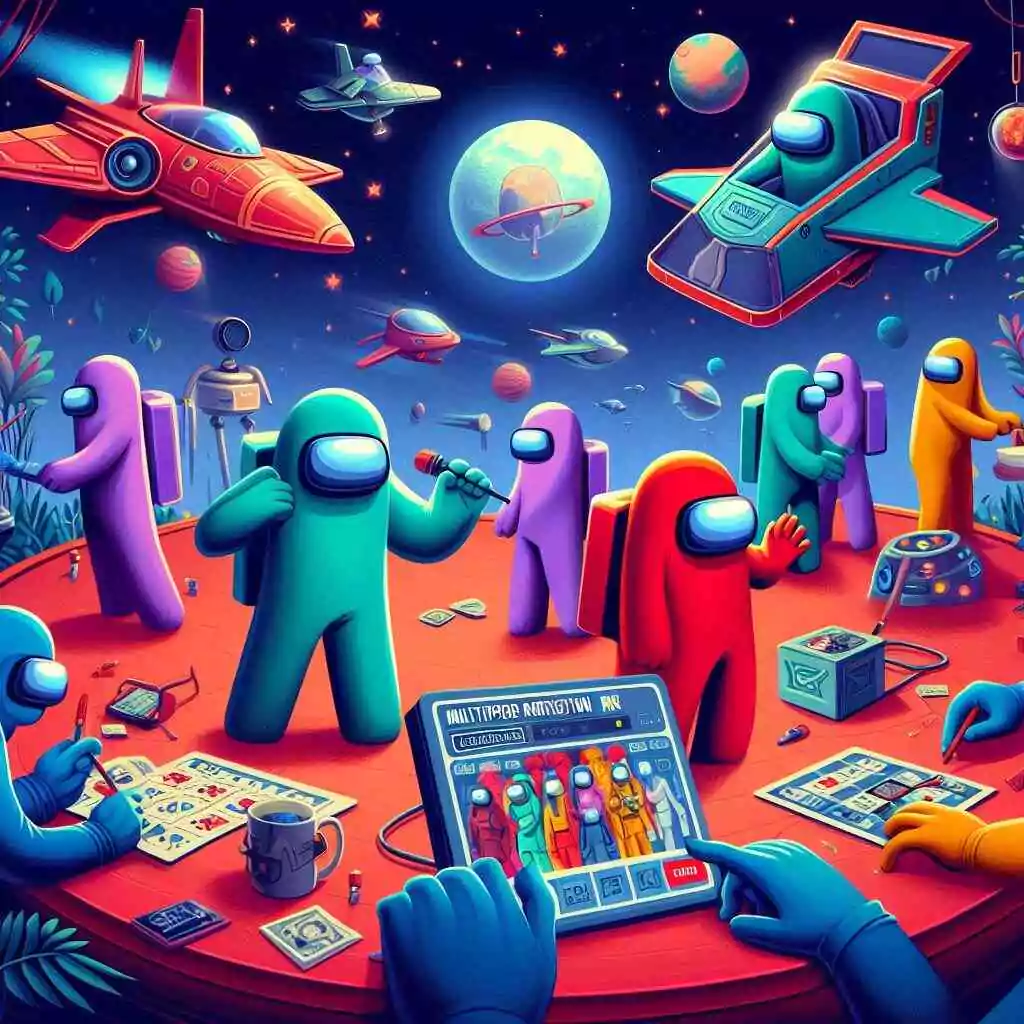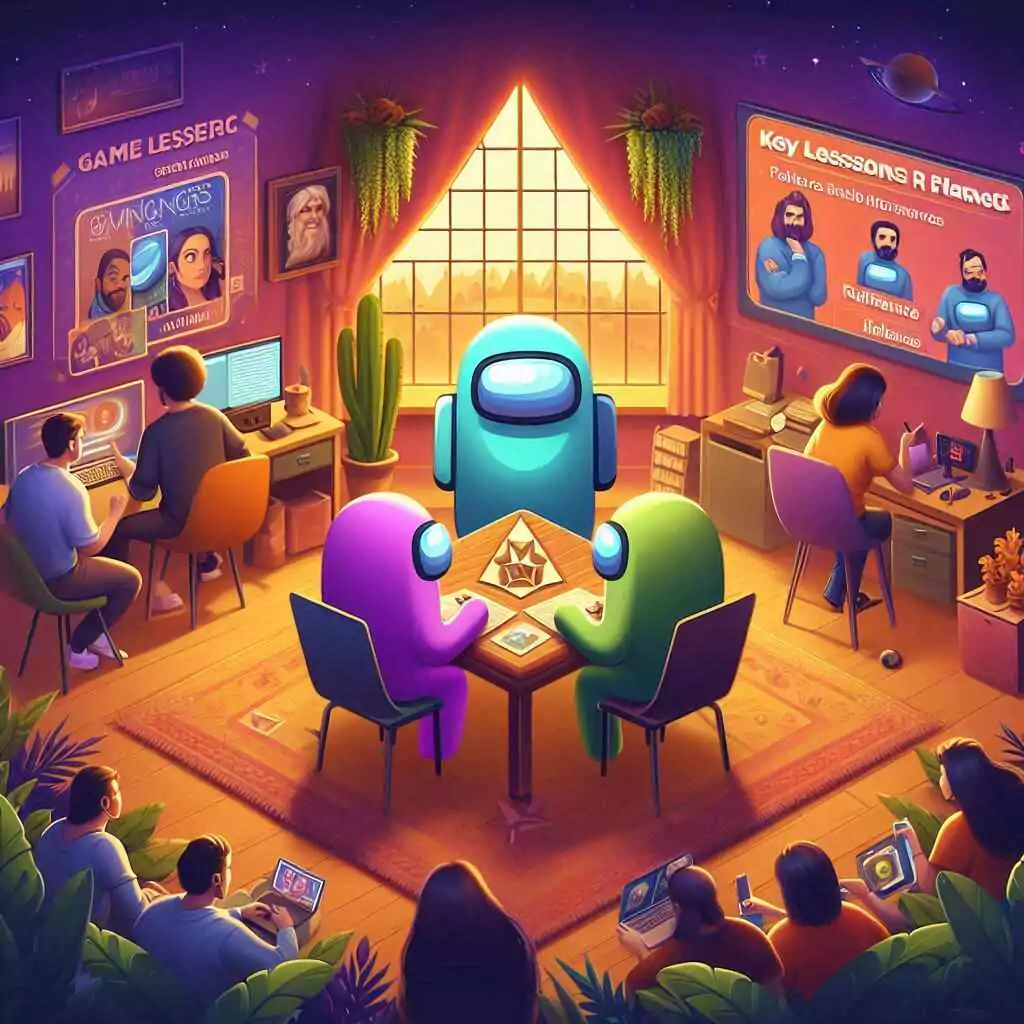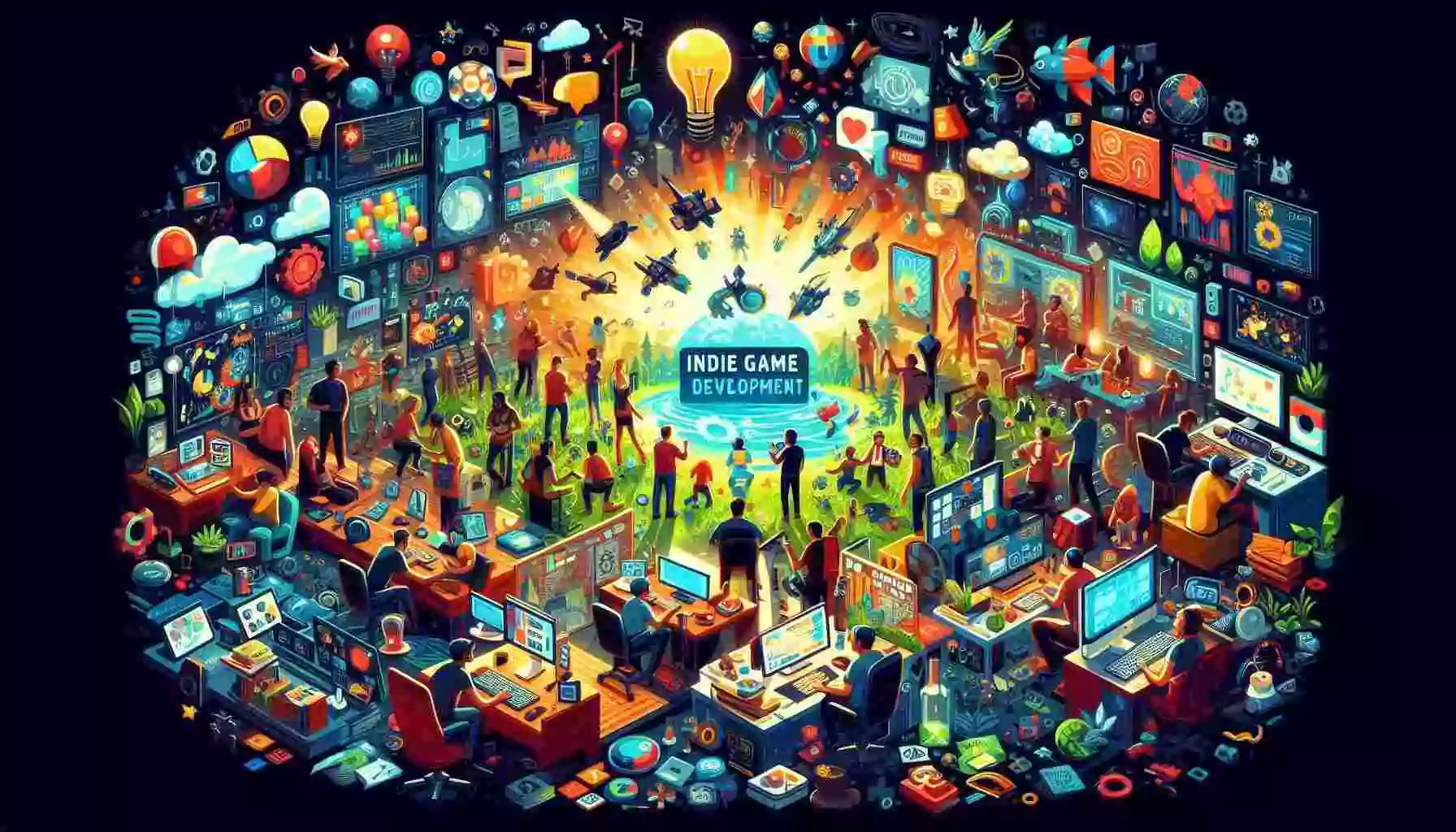Looking at these success stories, we can identify several common themes and important lessons for aspiring indie developers:
1. Passion and Perseverance
All of these games were created by developers who were deeply passionate about their projects. This passion fueled them through the challenges of development and helped create games that resonated with players.
Lesson: Pursue projects you genuinely care about. Your enthusiasm will show in the final product and help you overcome obstacles along the way.
2. Innovation Within Familiar Frameworks
Many successful indie games take familiar genres or concepts and add innovative twists. Stardew Valley built on the farming sim genre, Hollow Knight revitalized metroidvanias, and Among Us put a new spin on social deduction games.
Lesson: Don't be afraid to iterate on existing ideas, but always look for ways to add your unique perspective or innovative mechanics.
3. Polish and Quality
Successful indie games often stand out for their high level of polish. Whether it's Celeste's tight controls, Hollow Knight's beautiful art, or Stardew Valley's charming pixel graphics, these games demonstrate a commitment to quality.
Lesson: Focus on creating a polished, high-quality experience within a manageable scope rather than an ambitious but rough product.
4. Community Engagement
Many of these success stories involve developers who actively engaged with their communities, whether through crowdfunding campaigns, early access programs, or post-release updates and communication.
Lesson: Build and nurture a community around your game. Engage with players, listen to feedback, and be transparent about your development process.
5. Unique Art and Sound
A distinctive artistic style or memorable soundtrack can set a game apart. Undertale's quirky characters, Hollow Knight's haunting world, and Celeste's emotive pixel art all contributed significantly to these games' appeal.
Lesson: Invest time in developing a cohesive and memorable aesthetic for your game. It doesn't have to be complex, but it should be distinctive.
6. Storytelling and Emotional Connection
Games like Undertale and Celeste show the power of storytelling in indie games. By creating emotional connections with players, these games left lasting impressions.
Lesson: Consider how you can incorporate meaningful narratives or themes into your game, even if it's not a traditional story-driven genre.
7. Flexibility and Adaptability
The surprise success of Among Us demonstrates the importance of being adaptable. The developers were able to quickly scale up to meet unexpected demand.
Lesson: Be prepared to adapt your plans based on player feedback and market realities. Sometimes success comes from unexpected places.
8. Marketing and Visibility
While many of these games benefited from word-of-mouth promotion, they also show the importance of visibility. Whether through crowdfunding campaigns, social media presence, or influencer attention, finding ways to get your game in front of potential players is crucial.
Lesson: Develop a marketing strategy early in your development process. Build relationships with streamers, journalists, and other influencers in the gaming space.

